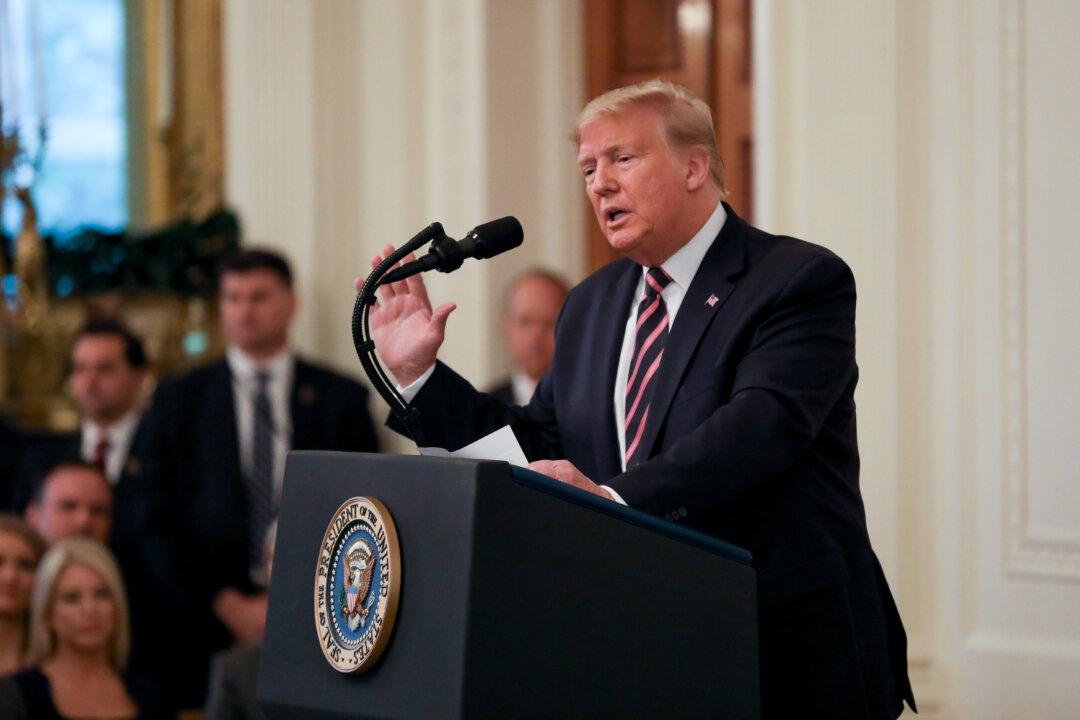A Beijing-based company was ordered by the United States on March 6 to divest all interests from a Maryland-based company that it acquired back in September 2018.
President Donald Trump ordered Beijing Shiji Information Technology to divest all interests in StayNTouch, a hotel property management software company, over national security concerns. The Chinese Communist Party requires most of the companies in their country to share information with the party’s intelligence sector.





